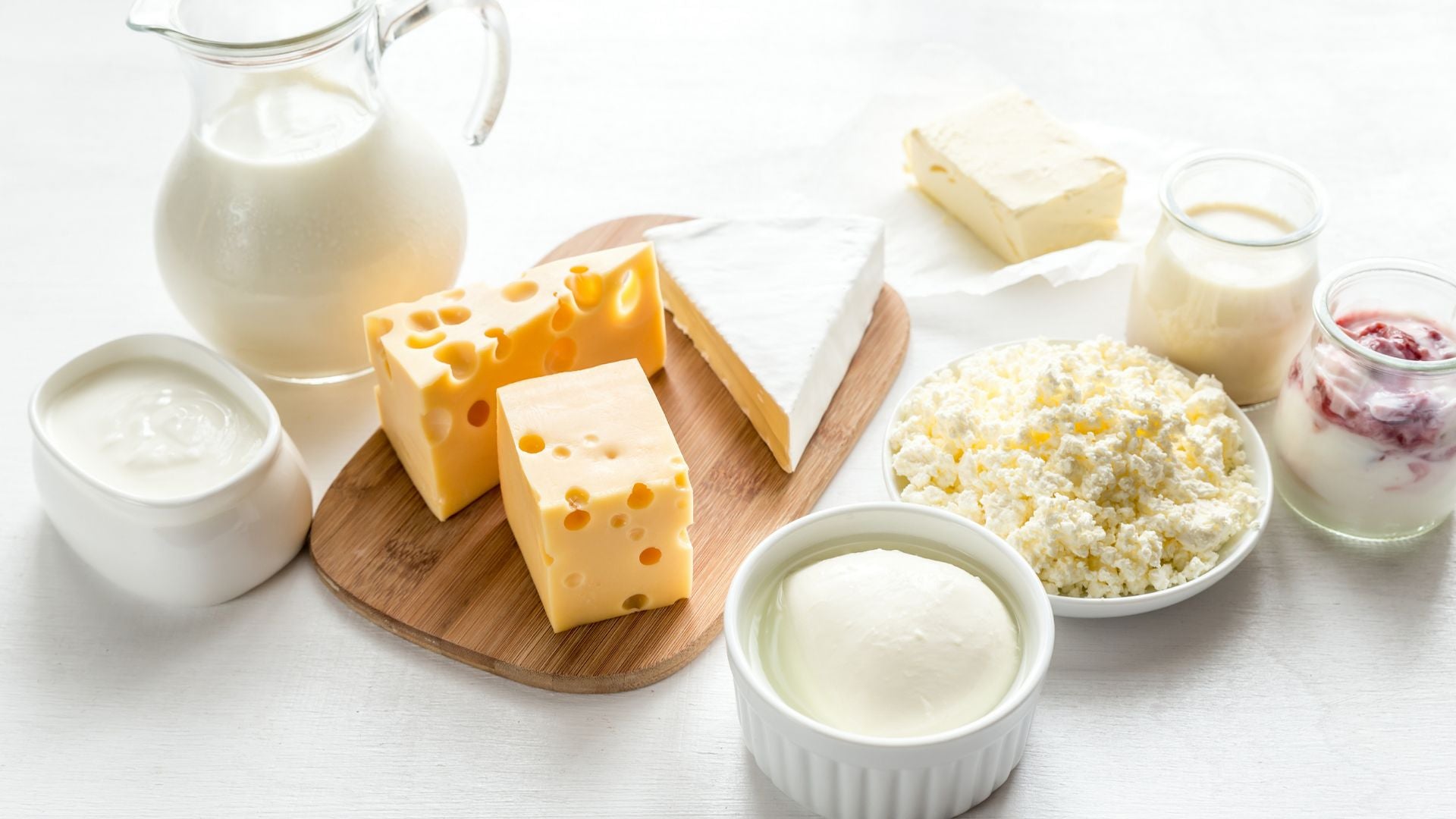Plant protein vs. animal protein is always a hot topic in the nutrition world. You’ll find experts on both sides of the debate with compelling arguments and scientific support. The truth is that no matter what type of dietary pattern you follow, increasing plant foods in the diet has many benefits.
Keep reading to learn more about the benefits of replacing some dietary animal-based protein with plant-based protein foods as part of your personalized plant-forward or plant-based diet.
Is Animal Protein Better Than Plant Protein?
Different protein sources have different nutritional profiles. When we look at whole protein sources, protein always comes with other nutrients. Here are some examples:
- Animal proteins like meat and dairy contain vitamin B12, which plant foods don’t contain.
- Fish contains long-chain omega-3 fats, while plant foods like flax and chia seeds contain a form of omega-3 called alpha-linolenic acid.
- Plant protein sources, including nuts, seeds, and legumes, contain thousands of phytonutrients that aren’t found in animal proteins
So, is animal protein better than plant? What’s more important than the source of protein is meeting your overall nutrient needs. This might look different for everyone, but it can be achieved through a plant-based diet with knowledge and planning.
Plant Protein Vs. Animal Protein: How They Compare
Let’s look at some of the comparisons between plant and animal protein.
Phytonutrients and Fiber
Whole plant foods (veggies, fruit, nuts, seeds, legumes, and whole grains) always contain fiber and phytonutrients. Fiber supports healthy digestion, blood sugar balance, and a balanced microbiome.
Phytonutrients, or “plant nutrients,” offer a variety of protective benefits, including antioxidant protection, anti-inflammatory benefits, and more.
Fiber and phytonutrients help explain why diets high in plants help lower the risk of cardiovascular disease and other chronic diseases, while improving longevity.
Essential Amino Acids
There are nine amino acids, the building blocks of protein that you need to obtain from the you need to obtain from your diet; these are called essential amino acids.
Animal sources of protein are considered complete sources of protein because they contain enough of each essential amino acid. Plant protein sources are considered incomplete proteins.
However, the term “incomplete” may not be accurate. Plant evaluations show that plants contain all nine essential amino acids but may have lower levels of one specific amino acid. For example, methionine is the limiting amino acid in legumes, and lysine is the limiting amino acid in grains.
The limiting amino acids would be a problem if you were only eating one plant protein as the only protein in the diet, which isn’t how we usually eat.
Eating a variety of plant proteins throughout the day, including whole grains, legumes, nuts, and seeds, will provide you with adequate amounts of all the essential amino acids. Quality plant-based protein powders are a helpful addition as well.
Environmental Impact
Plant sources of protein are often considered environmentally friendly protein sources compared to conventionally raised animal proteins. Choosing whole food plant proteins instead of processed foods and choosing local food will require less greenhouse gas emissions through the lifecycle of the food, from farm to table.
Climate organizations, including the Intergovernmental Panel on Climate Change and Project Drawdown, recommend a shift toward more plant protein consumption.
Fuel Muscle Growth with Plant-Based Workout Snacks
If one of your goals is to build muscle and strength, consuming enough overall protein each day is important. Studies show that if you are meeting your overall protein needs, there isn’t really a difference between animal and plant sources regarding muscle growth and strength.
One way to increase plant protein is with your workout snacks. Scott’s Protein Balls are plant-based and an excellent source of protein, fiber, healthy fats, and phytonutrients. Grab a bag for an easy option that’s good for your energy, mood, performance, and overall health.






